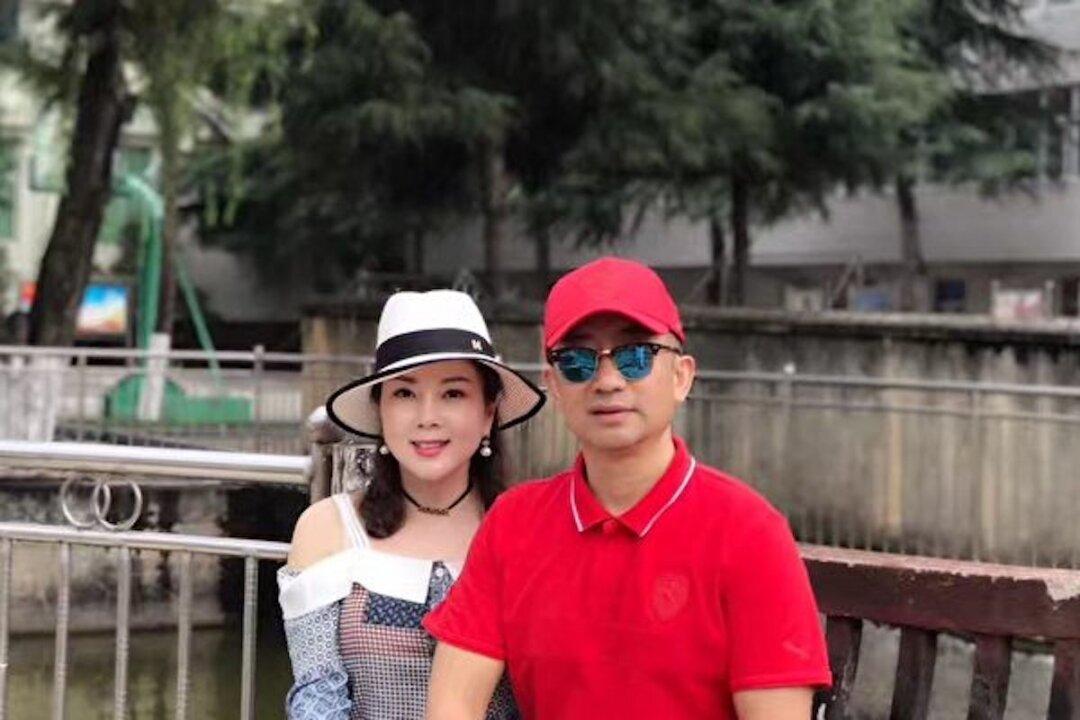Li Huaiqing, a businessman from Chongqing who was arrested in 2018 on suspicion of “inciting subversion of state power,” attended his court hearing in Chongqing on June 10. Li told the judge that he’s the victim of persecution directed by Deng Huilin, the former Chongqing deputy mayor and chief of the public security (police) bureau who was recently sacked.
Li was arrested on Jan. 31 by the Chongqing police on charges of “involvement with the mafia.” He has been detained since.



